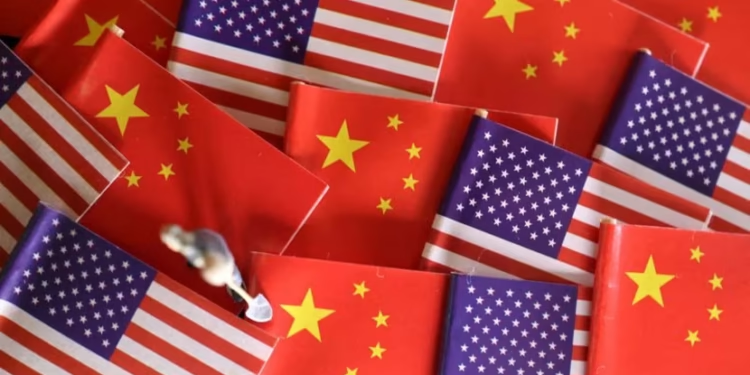According to analysts, trade partners are progressively determining how best to respond to the threats as Donald Trump continues to demonstrate the United States’ financial might by imposing import taxes.
China imposed new duties on a number of American imports on Monday, February 10. These levies include 15% on coal and liquefied natural gas and 10% on crude oil, large-engine automobiles and agricultural equipment. Just minutes after broad US duties of 10% on all Chinese goods went into place last Tuesday, Beijing unveiled the plan.
After a tit-for-tat trade dispute during Trump’s first term, experts said China is ready this time around and warned that Beijing may use more than tariffs in retaliation. Alex Capri, a senior lecturer at the National University of Singapore (NUS) Business School, stated that China “clearly has the mid-term to long-term game.
Regarding the more significant geopolitical rivalry between the US and China… (China might) consider measures like carrying out investigations of the anti-monopoly kind, conducting (stiffer) audits of (US) companies in China, and (implementing) export controls and limitations. Additionally, the Chinese government can implement anti-espionage measures to encourage American multinational corporations conducting business in China to pressure the Trump administration to lower tariffs, Capri stated on CNA’s Asia First program.
Also Read:
Transforming Business Setup in the GCC Region with PG CSP Group: Pavel Gerasimov


